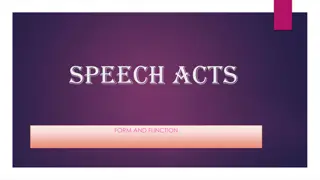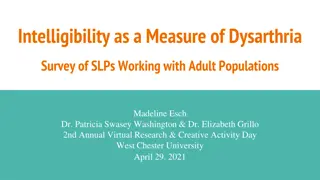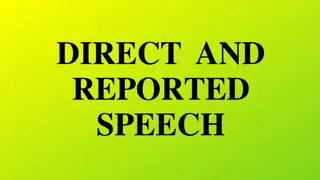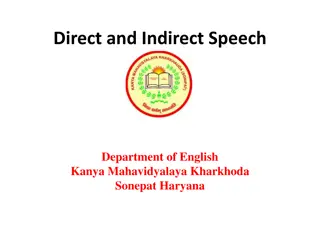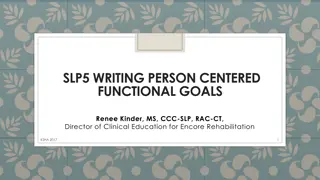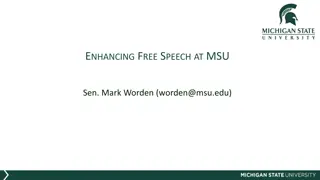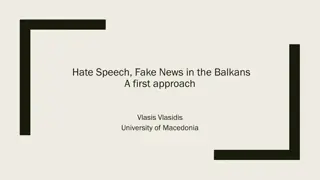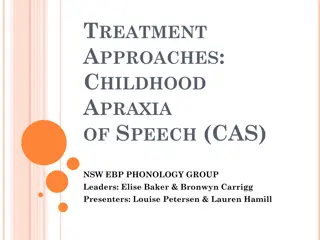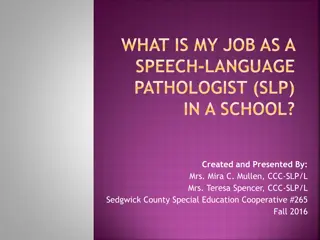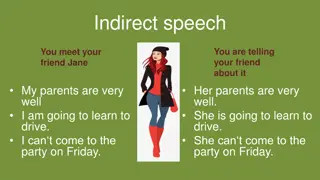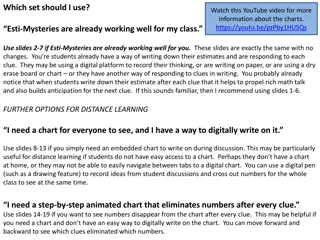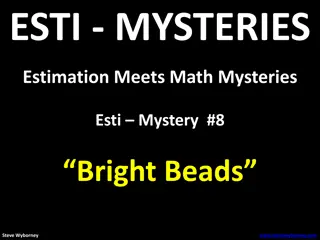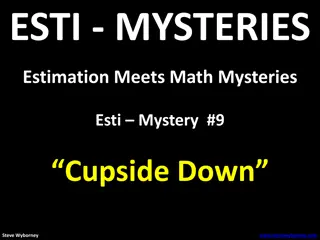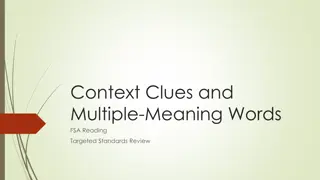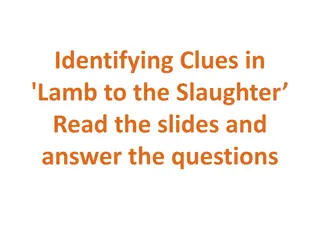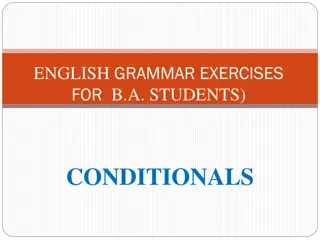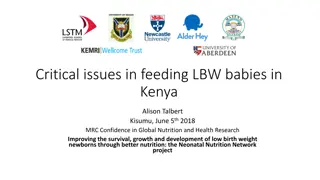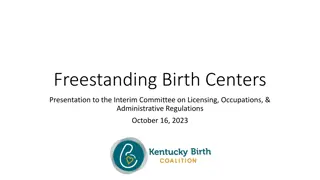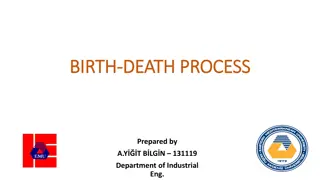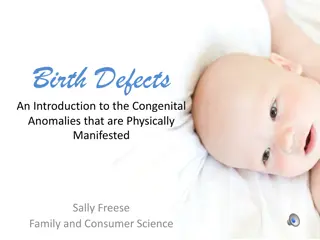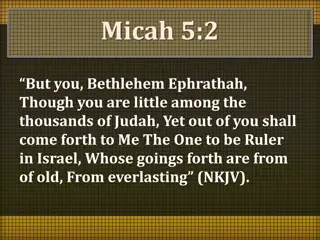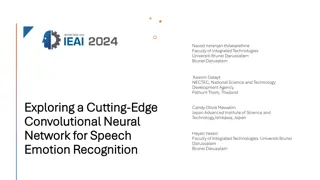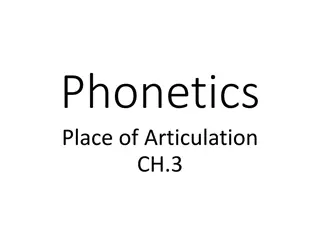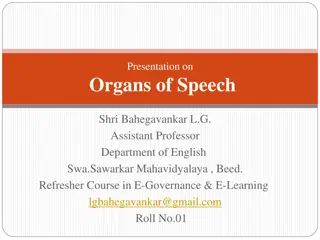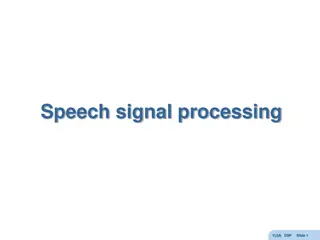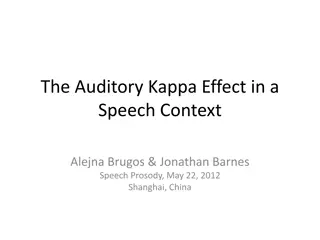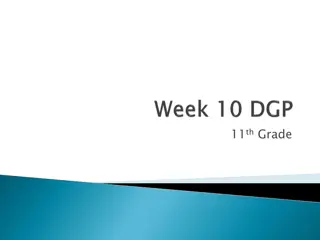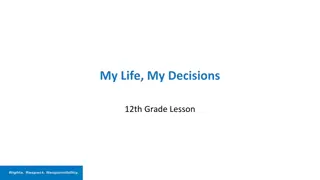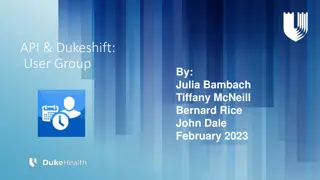Exploring Special Clues in Speech: From Birth to Hypothetical Situations
Understanding the nuances of special clues in speech such as being born, obligations with "have to," preferences with "would rather," advisories with "had better," hypothetical scenarios with "what if," emphatic negation with "let alone," and more. Dive into examples and explanations to grasp the use of these expressions effectively.
Download Presentation

Please find below an Image/Link to download the presentation.
The content on the website is provided AS IS for your information and personal use only. It may not be sold, licensed, or shared on other websites without obtaining consent from the author. Download presentation by click this link. If you encounter any issues during the download, it is possible that the publisher has removed the file from their server.
E N D
Presentation Transcript
Use of some spea Topic Use of some special clues ( be born, have to, would rather , had better, let alone, what if , as if, as soon as, what if , what is like/ what s it like ? What does.. Look like? Introductory there and It.)
Be (Is/are/was/were) born 1.passive expression 2.arival on the earth at the time of birth(present indefinite is/are born) 3.place/date of birth (past indefinite was/were born)
Explanations 1. There are about 7 billion people on this earth. Many children (a)________every year. 2. We have to know how many people (b)________ lame every year. 3. Yes, hundreds of people (c)______ lame every year. 4. Mr Roy (d)____ on 7th october,1988. 5. He (e) ____ in calcata .
Have to (have/has/had to) Refer to 1.Must and discipline 2. Comment on stress of somebody
Expounds 1. I am a teacher . I ___be at college regularly. 2. Raz is a student . He ___wear uniform at college. 3. We are bankers . We ___ be at desks by 9:00. 4. They are students. They ____ study hard. *he/she/it/a name has to *I/we/you/they/names have to
Would rather Denotesprefer to 1.He ___die than beg. 2.don t come today. I ___you come tomorrow.
Had better Refer to 1. recommend 2. Hope 3. warning
Examples 1.Today is cloudy . It may rain. You ____take an umbrella with you . 2. It is 5 pm. The bus _____ get here soon. 3. You ____take shelter in a safe place.
Let alone Refer to ---- 1. Two negative episodes 2. Emphasis on second negative episode
Explanations 1. I can t drive a bicycle, ________a bus. 2. He can t read Bangla newspaper, ____ English newspaper.
What if Refer to 1. Anxiety 2. Proposal 3. New possibility of an episode
Explanations 1. I don t know about my new job. ___ I make a mistake? 2. The man is not perfect for the work.____ we change him? 3. There was a big fire in my house. ____ I had been home at the time? I could have died.
As if/As though Refer to--- 1. In a way that suggests something Structure- present indefinite as if past indefinite -past indefinite as if past perfect
Examples 1.He talks as if he (a) be a mad. 2. They talked as though they (b) know everything.
As soon as Refer to 1. Two episodes- goes one after another. 2. Present indefinite 3. Past indefinite
Expounds 1. As soon as he passed MA, he (start) business. 2. As soon as the sun goes down , the peasants (return) home.
what islike/ whats it like? Refer to 1. Quality of somebody/something 2. Nature of somebody/something
Explanations 1. What is Mitu like ? ( How is Mitu ? nature ) 2. She is truthful, reliable , and helpful. 3. What is the building like ? ( How is the building ? ) 4. The building is very beautiful. 5. ____ the sky____? 6. ____the man ___ ? 7. ___ Ratan ____?
What does.. look like? Refer to--- 1. Physical appearance of somebody/something. 2. Comparison between two persons/things.
Expounds 1. What does Rina look like ? (physical appearance ) 2. He is tall and handsome. 3. What does the area look like? 4. The area looks like a forest. 5. ____ the man ____? 6. ____ the house ____?
Introductory there and it Int ro duce subject
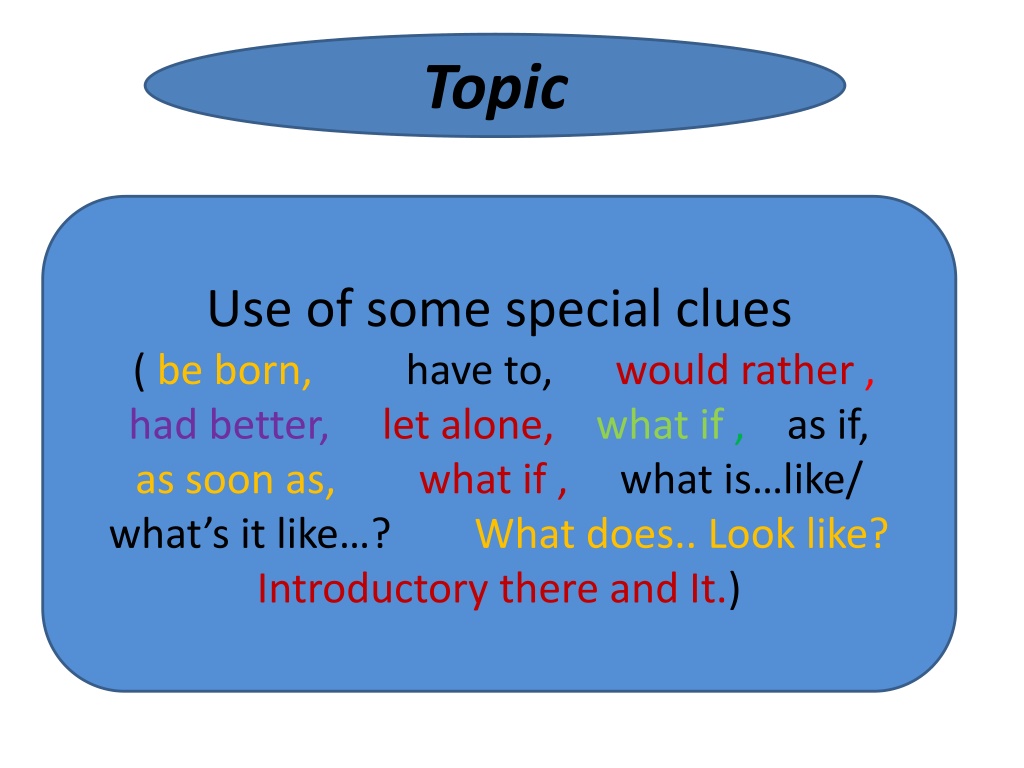

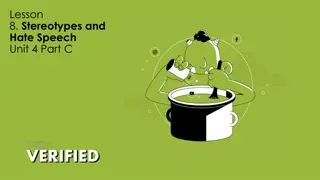
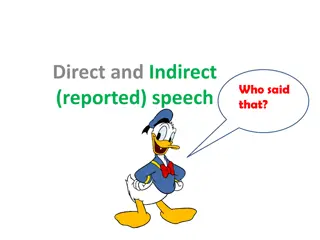


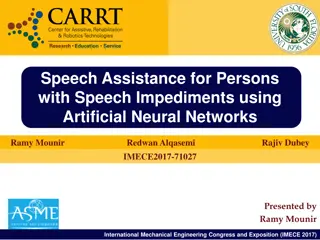

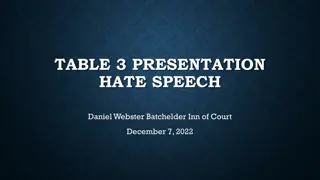
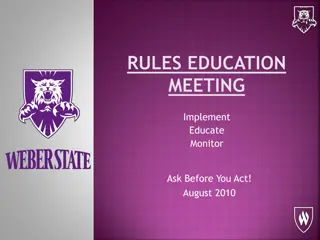
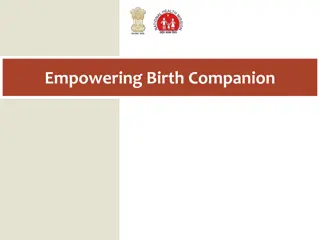
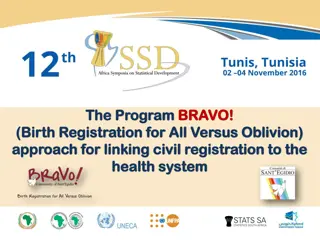
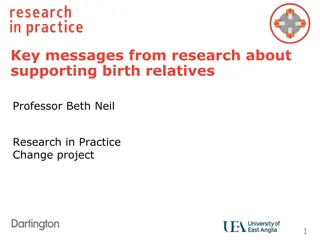
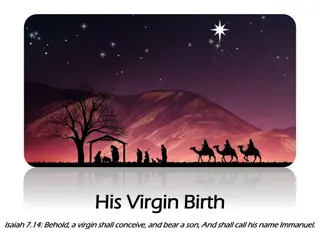
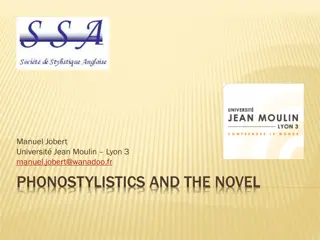

![Prevention and Combating of Hate Crimes and Hate Speech Bill [B.9B.2018]](/thumb/60513/prevention-and-combating-of-hate-crimes-and-hate-speech-bill-b-9b-2018.jpg)
